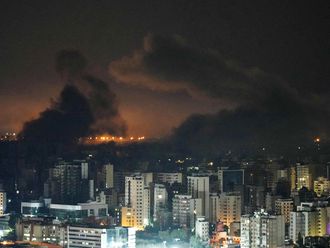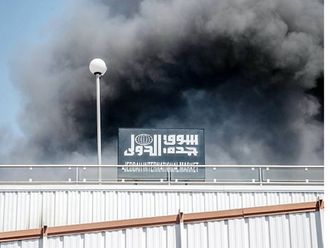
Karachi: The Sindh Government has said that it plans to present again the legislation in the Sindh Assembly to criminalize the instances of forced conversion of religion in the province.
Adviser to Sindh Chief Minister on Law and Environment Barrister Murtaza Wahab, who is also the spokesman for Sindh government, expressed the intention that the bill against forced conversion of religion would be presented again in the provincial assembly after consulting the concerned clerics and religious parties.
Barrister Wahab recently appeared before the Special Committee of the Senate on Forced Conversion as it held its meeting in Karachi. Senator Anwaar ul Haq Kakar chaired the meeting. Federal Minister for Religious Affairs and Inter-Faith Harmony Noor-ul-Haq Qadri and lawmakers from both ruling and opposition political parties attended the meeting.
Objections of the governor
The Sindh Assembly in 2016 adopted the Sindh Criminal Law (Protection of Minorities) Bill-2015 against the acts of forced conversion of religion in the province. The then Sindh Governor Justice (retd) Saeeduzzaman Siddiqui, however, returned the bill to the provincial assembly without his assent following objections to the newly passed law by the concerned religious parties. The provincial assembly later didn’t get the chance to reconsider the bill following objections of the governor. The most controversial section of the bill related to prohibition of the conversion of religion before minimum 18 years of age.
Chair of the Senate’s Special Committee Senator Kakar said that he would not recommend to the government that any restriction should be imposed on the change of religion by any person having age less than 18.
The senator said that the Sindh Assembly had passed a bill of historical nature but it didn’t reach its logical conclusion as all the concerned stakeholders were not involved in the process. He said that on the basis of that experience, he had involved representatives of different schools of thought and stakeholders in his process of consultation.
While speaking at the meeting of special committee of the Senate, Barrister Wahab said that the Sindh Government had done consultation with all the concerned political parties before passage of the bill against the forced conversion of religion by the Sindh Assembly in 2016.
He said that the bill after its passage by the Sindh Assembly was sent to governor as he (the governor) returned the bill on the basis that it had been passed without consulting certain religious parties.
Religious minorities
He said that Sindh had already imposed a ban on marriages of girls having age less than 18 years. He said that the cases of conversion of religion involved instances in which girls of religious minorities were taken to other provinces where these marriages took place easily. He said that people took advantage of the fact that other provinces allowed marriages of girls having age less than 18.
“Such incidents defame the country as we have to do struggle together to prevent such instances,” said the Sindh Law adviser.
He said that the Sindh government fully stood with people of the province belonging to the religious minorities as the federation was also under the obligation to play its due role in this regard. “We can sit together and seek a permanent solution to this problem,” he said.
Barrister Wahab said that no religion allowed the forced conversion of religion as Islam gave complete freedom to religious minorities to freely practice their religion.
He said that the Sindh government had established a separate department to deal with the issues of religious minorities. He said that five per cent quota in government jobs had been reserved in the province for candidates belonging to the religious minorities.
He said that exact number of people of religious minorities living in the province was not known to the provincial government as the final results of the last population census drive was yet to be received.








